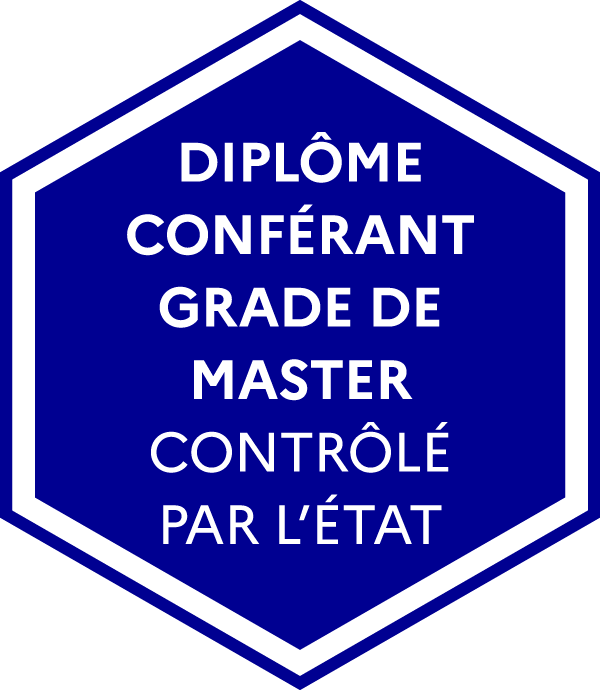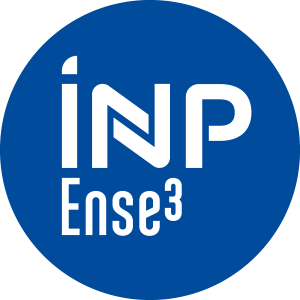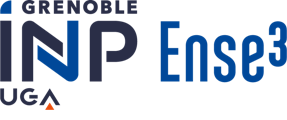Number of hours
- Lectures 24.0
- Projects -
- Tutorials -
- Internship -
- Laboratory works 28.0
ECTS
ECTS 5.0
Goal(s)
Learning outcomes (LO)
CFD part for energy system design
- Evaluate the quality of a CFD simulation using verification and validation methods.
- Explain the principles of turbulence modeling and the limitations of standard approaches.
- Describe the numerical models used to simulate multiphase flows.
- Implement a numerical simulation to analyze head losses in a complex hydraulic system (hydroelectric power plant diffuser).
- Determine the optimum geometric parameters of a hydraulic component using the results of a CFD simulation.
Part Optimization for energy system design
With regard to sensitivity analysis, students will be able to :
- explain the principles of global sensitivity analysis methods, in particular the Morris and Sobol methods.
- use sensitivity analysis to identify influential parameters in an expensive numerical simulation.
- interpret sensitivity indices to guide dimension reduction or variable prioritization.
With regard to non-linear optimization algorithms, students will be able to :
- implement and compare optimization algorithms (e.g. quasi-Newton, heuristics, metaheuristics) in the context of energy modeling.
- identify the advantages and limitations of different approaches depending on the type of problem (noisy, costly, multimodal, etc.).
With regard to indirect optimization, students will be able to :
- explain the fundamental concepts of Bayesian optimization and its interest for objective functions that are costly to evaluate.
- build a metamodel (e.g. Gaussian Process/Kriging) from a simulated dataset.
- formulate and solve an optimization problem using a metamodel and an active acquisition strategy (e.g. Expected Improvement).
Guillaume BALARAC
Content(s)
- CFD for energy system design (G. Balarac): turbulence, two-phase flows, verification and numerical validation; project on the head loss of a hydroelectric diffuser.
- Optimization for energy system design (B. Delinchant): algorithms (quasi-Newton, metaheuristics), multi-objective optimization, sensitivity analysis, metamodeling; optimal building design project.
Basic knowledge of fluid mechanics, heat transfer, applied mathematics (optimization, numerical analysis), and programming (Python).
- Specific credits: this course brings 6.0 ECTS to students in Year 2 Master Fluid Mechanics and Energetics (M2 FME)
Session 1
Continuous assessment (CC1) : project reports on CFD and Optimization parts
Final exam (ET1) : written exam on the common part "CFD for the design of energy systems"
Session 2
Final exam : new assessment (ET2) to replace session 1 assessment (ET1)
Continous assessment : session 1 assessment retained (CC1=CC2), no resit for CC1
The exam is given in english only 
The course exists in the following branches:
- Curriculum - M2 FME Research - Semester 9 (this course may be followed in french or in english

 )
) - Curriculum - Master's Degree in Engineering ME - Semester 9 (this course may be followed in french or in english

 )
)
Course ID : 5EUS5SNA
Course language(s): 

You can find this course among all other courses.
French State controlled diploma conferring a Master's degree




